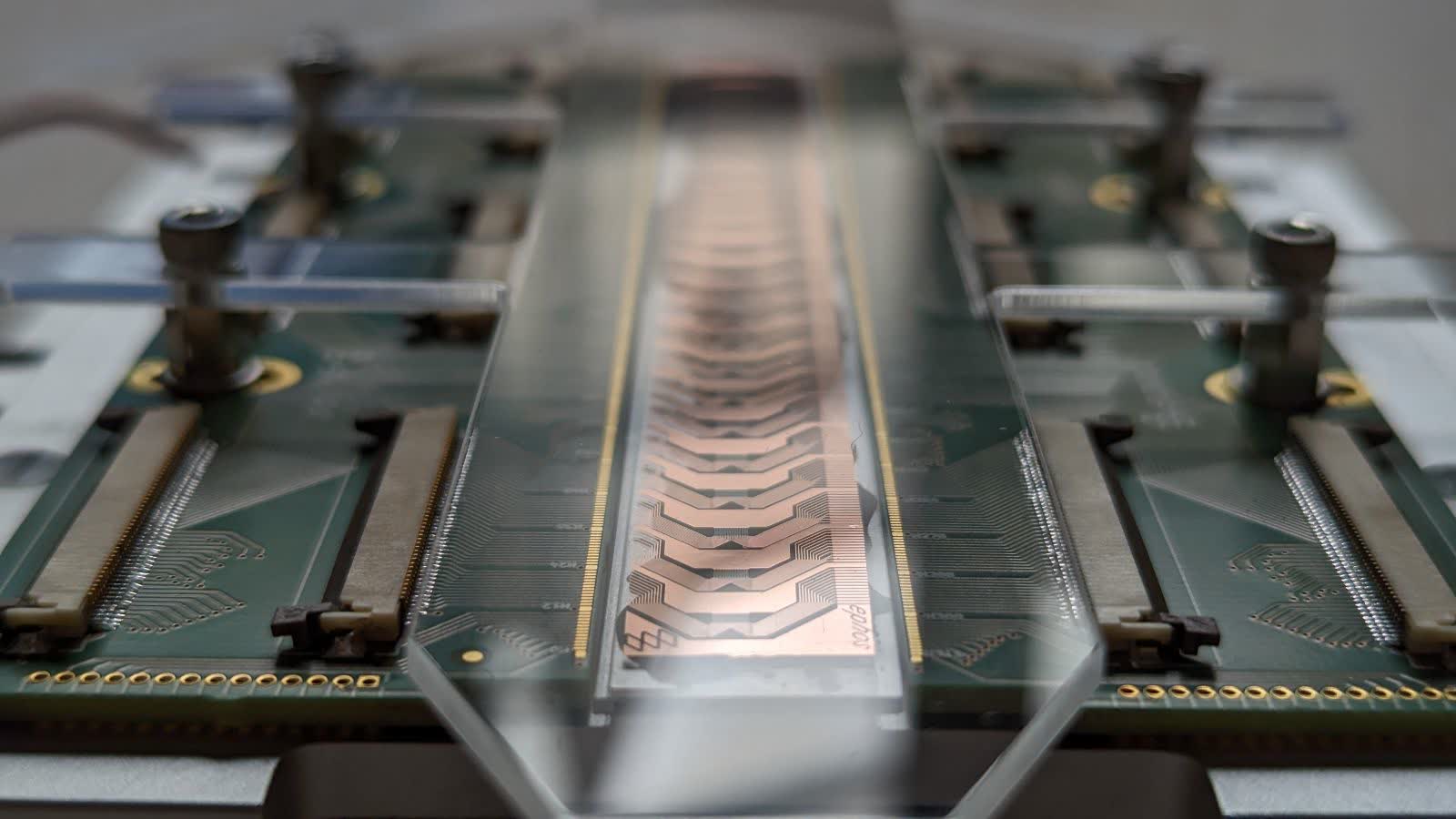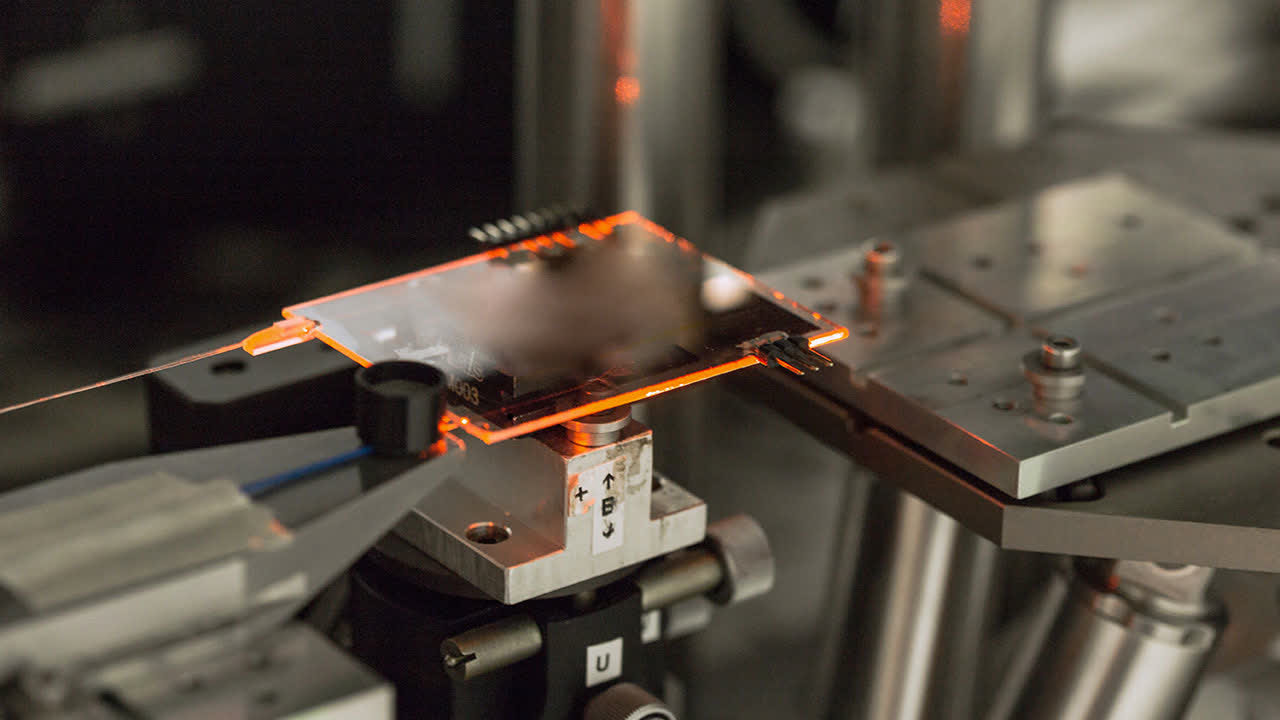What just happened? Startup Ephos is going all-in on glass photonic chips, an emerging technology with the potential to reshape the entire semiconductor industry. The company recently announced an $8.5 million seed funding round, along with the launch of a major research and manufacturing facility in Milan, Italy.
The sizable seed round was led by deep tech investor Starlight Ventures, with participation from Collaborative Fund, 2100 Ventures, and angel investors formerly with tech giants like Airbnb and Amazon. Ephos also secured over $450,000 in non-dilutive funding from the European Innovation Council and, surprisingly, from NATO's defense accelerator, DIANA.
Ephos aims to set a precedent by shifting away from traditional silicon semiconductor manufacturing toward glass substrates for building photonic integrated circuits. The advantages being highlighted include significant performance and efficiency gains for applications like quantum computing, AI, data centers, and communications.
However, the most significant benefit is that glass enables processing and communication on the same chip, overcoming limitations found in current solutions. The company also emphasizes superior signal transmission compared to silicon, which it claims is essential for building large-scale quantum computers.

Ephos's newly opened 53,000-square-foot facility in Milan will serve as the company's central manufacturing and R&D hub. The expansion marks a major step as the startup accelerates its efforts to commercialize glass photonic chips and forges partnerships across sectors eager for performance and efficiency gains.
For AI applications specifically, Goldman Sachs predicts that data center energy consumption will surge by 160 percent by 2030 due to the ongoing AI boom. Ephos believes its energy-efficient chips can help mitigate this challenge.
Though still a small player, Ephos is strategically positioning itself in both commercial markets and the defense/aerospace sectors by emphasizing the geopolitical advantage of its chips. The company argues that its technology strengthens the quantum capabilities of Allied nations, supported by a US/EU-based supply chain.
"Securing this funding and opening our Milan facility is a critical milestone for Ephos. Our glass-based photonic chips are set to transform not just quantum computing and AI, but the broader computational infrastructure of the future," said Andrea Rocchetto, CEO and co-founder at Ephos.
"By addressing energy inefficiencies and enhancing performance across industries, from data centers to secure communications, we're laying the foundation for the next generation of computing technology."
However, Ephos isn't the only contender in the race to replace silicon with glass substrates. The startup faces stiff competition from industry giants like Intel, Samsung, and SK Hynix, who are investing billions into advanced silicon solutions. At the same time, a major coalition emerging from Taiwan aims to tackle bottlenecks in glass substrate manufacturing. How this story unfolds remains to be seen.
